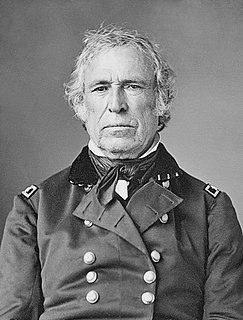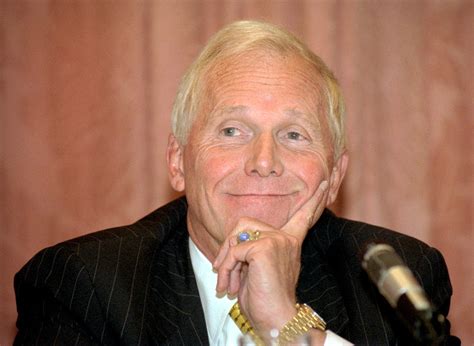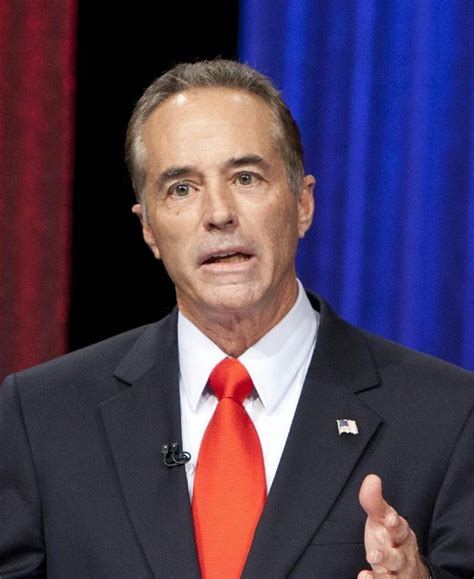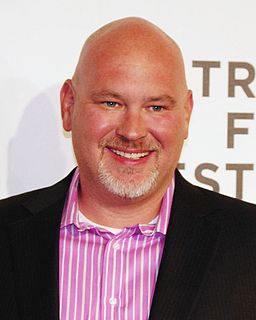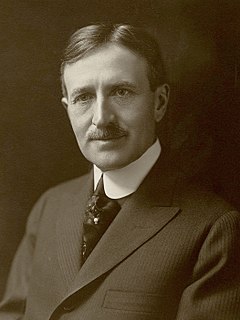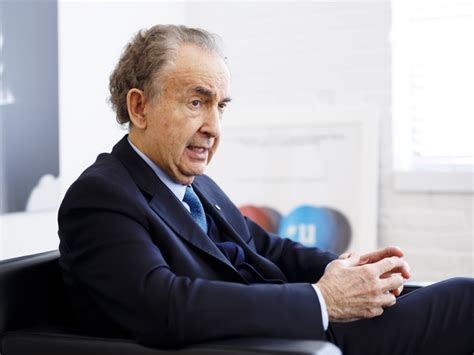A Quote by Honore Gabriel Riqueti, comte de Mirabeau
I shall make it my chief business to see that the [royal] executive power has its place in the constitution.
Related Quotes
The constitution has divided the powers of government into three branches, Legislative, Executive and Judiciary, lodging each with a distinct magistracy. The Legislative it has given completely to the Senate and House of Representatives. It has declared that the Executive powers shall be vested in the President, submitting special articles of it to a negative by the Senate, and it has vested the Judiciary power in the courts of justice, with certain exceptions also in favor of the Senate.
More fundamentally, however, the answer to petitioners' objection is that there can be no impairment of executive power, whether on the state or federal level, where actions pursuant to that power are impermissible under the Constitution. Where there is no power, there can be no impairment of power.
The Obama administration has abused the executive power, enforcing Common Core on the states. It has used race to the top fans to effectively blackmail and force the states to adapt Common Core. But in one silver lining of Obama abusing executive power is that everything done with executive power can be undone with executive power and I intend to do that.
An executive cannot gradually dismiss details. Business is made up of details and I notice that the chief executive who dismisses them is quite likely to dismiss his business. Success is the sum of detail. It might perhaps be pleasing to imagine oneself beyond detail and engaged only in great things, but as I have often observed, if one attends only to great things and lets the little things pass the great things become little; that is, the business shrinks.
If Trump wants to corruptly direct the conduct of an investigation in order to out an FBI source who was helping our government investigate Russian interference in our electoral processes, well, Article II of the Constitution begins with these terrifying words: 'The executive Power shall be vested in a President of the United States of America.'
You see the natural progression of what happens when the executive gets power and then a new executive comes in. The new executive doesn't say, "Oh, man. The president has just got too much power. We're going to dial that back." No, they expand the power. It's like, "He didn't use it well, so I'm going to take more power and use it better because I'm a better guy and my values are better." Then you suddenly realize that the very people who were attacking Guantánamo prior to getting into office are now the people expanding an assassination program overseas.

